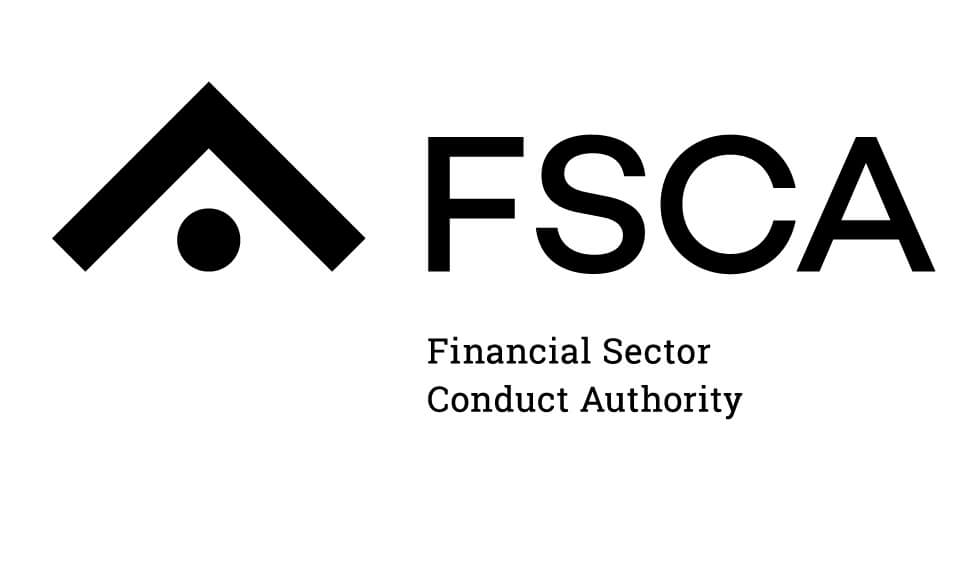While Nigeria continues its scrutiny and regulatory challenges against cryptocurrency companies, including giants like Binance, South Africa has taken a notable step forward in the crypto domain. As of March 12, 2024, the Financial Sector Conduct Authority (FSCA) of South Africa has significantly advanced cryptocurrency regulation by granting crypto asset service provider (CASP) licenses to 59 firms.
This progress, highlighted by media reports referencing statements from an FSCA spokesperson, illustrates South Africa’s commitment to integrating the cryptocurrency sector within its regulatory framework. Despite these reports, direct confirmation from the FSCA regarding this development remains pending, as efforts to secure a comment have not yet been successful.
The diversity of services offered by the licensed firms spans a wide range, including advisory roles, exchanges, payment processing, currency conversions (crypto to fiat and vice versa), arbitrage opportunities, tokenization initiatives, index-based financial products, and digital wallet services.

From an initial pool of 105 applicants, only 50 made it to the final review stage by the licensing committee in December of the previous year, with 20 opting to withdraw their applications. Felicity Mabaso, the FSCA’s divisional executive for licensing, underscored the regulatory stance with a clear message: entities operating without a license, post the application window, would be subject to investigation and subsequent penalties.
This regulatory milestone follows the FSCA’s October 2022 decision to classify cryptocurrencies as financial products, aiming to mitigate risks and protect consumers within the crypto market. Additionally, this classification seeks to curb illegal financial activities, including money laundering and terrorism financing, by enhancing the oversight of crypto transactions.
The November 2023 deadline for crypto firms to submit their license applications was part of South Africa’s broader initiative to bring the burgeoning crypto industry under regulatory purview. Cedric Jeannot, the CEO of Be Mobile Africa, reflected on the positive impact of licensing, noting its role in fostering a regulated ecosystem that benefits all stakeholders involved.












